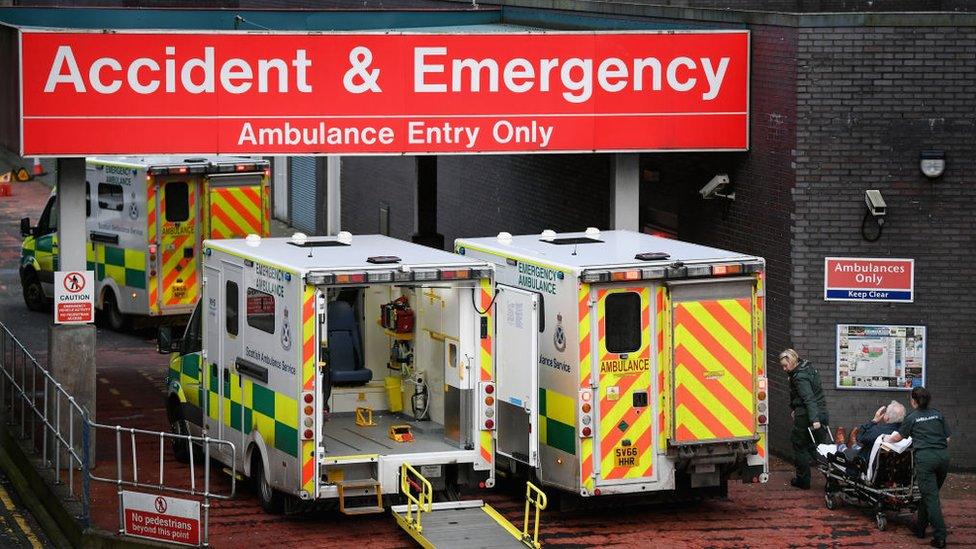Covid in Scotland: NHS needs 1,000 more hospital beds say A&E doctors
- Published
- comments
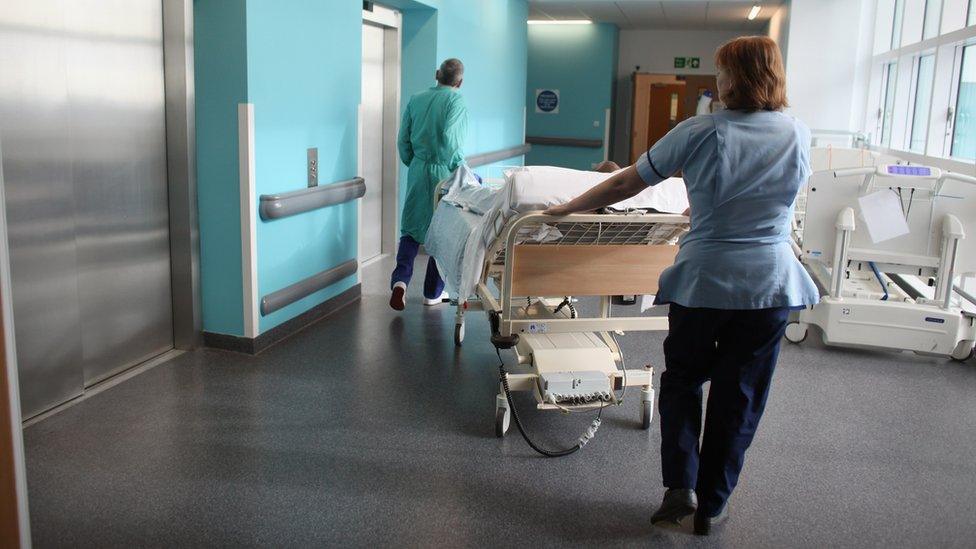
A thousand extra hospital beds are needed to help relieve the "unrelenting pressure" facing Scotland's emergency departments, doctors have claimed.
The Royal College of Emergency Medicine said many A&E units were struggling because there are too few beds available elsewhere in hospitals.
Figures for the week to 12 September show almost 30% of people attending A&E having to wait more than four hours.
Scottish ministers will later update Holyrood on plans to bolster the NHS.
Health Secretary Humza Yousaf said £12m of extra funds had already been announced for non-Covid emergency care.
According to the latest figures from Public Health Scotland, there were 27,354 attendances at A&E services in Scotland in the week ending 12 September.
Of these, 71.5% were seen and either admitted, discharged or transferred elsewhere within four hours - the lowest total for a number of years, and well below the target level of 95%.
A total of 1,895 patients spent more than eight hours in an A&E department, while 551 of them were there for more than 12 hours.
In a BBC interview, John Thomson, vice-president for the Royal College of Emergency Medicine in Scotland, and a consultant in emergency medicine, said there was currently an "unrelenting pressure on our emergency departments" but that Covid was only one part of the problem.
He said: "We have patients who are waiting in emergency departments who should be receiving the next stage of their care elsewhere in the system.
"The college estimates that we're approximately 1,000 beds short nationally and that would certainly help alleviate some of the issues relating to what we call exit block, which are patients waiting to move from the emergency department when they no longer require care within the department.
"Emergency departments can be very busy and function very smoothly when we have no exit block. Conversely when we've seen significant exit block, and long wait for patients to move to beds, then we can have relatively few patients in A&E and struggle to provide the right level of care that we would want to."
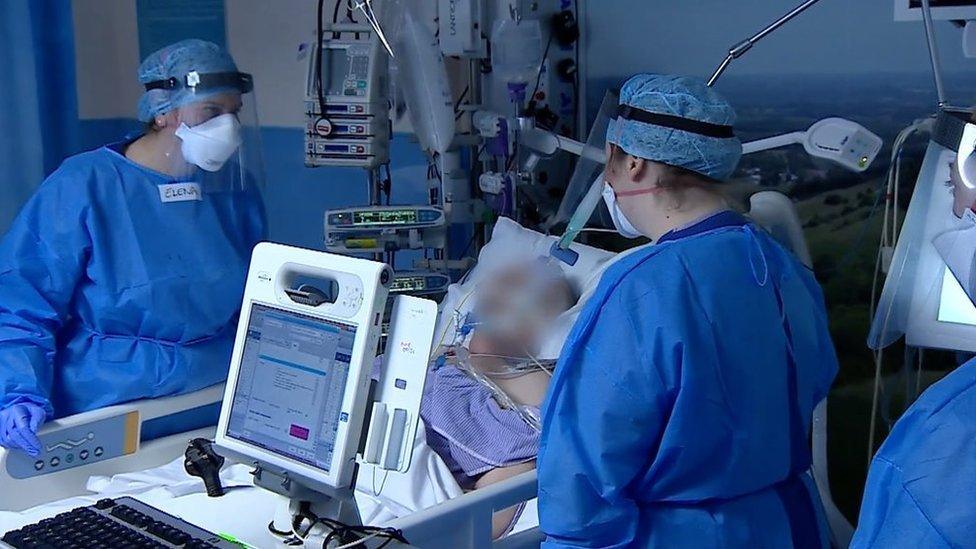
John Thomson, vice-president for the Royal College of Emergency Medicine in Scotland, said it was "too simplistic" to say Covid was entirely to blame for the pressures facing the NHS
The Scottish government has asked the MoD for military assistance for the under-pressure ambulance service and the health secretary is expected to give more details of the plan at Holyrood later.
Unite convener Jamie McNamee questioned the value of army personnel driving vehicles "without the ability to emergency respond" or having the necessary clinical skills.
Asked how much help they would be, he told BBC Radio's Good Morning Scotland programme: "Whilst we welcome them on board they will be little or no help to the Scottish Ambulance Service in their emergency care provision."
Mr McNamee expects that the military will instead work in the non-emergency sector to free up capacity by, for example, providing non-emergency hospital transport.
The convener also said he fears for the winter as the current situation is the worst he has known in his 35-year career.
'No space'
Meanwhile, Mr Thomson said increasing the number of beds would go "a long way" to alleviating the problems facing the NHS.
He added: "The sole reason ambulances have to await to offload is there is no space in the emergency departments for that patient to go."
Before the Covid pandemic, the average daily number of beds which were staffed and available for patients for acute specialties in Scotland was about 13,000.
According to Public Health Scotland, the number has been going down for many years, external in line with evolving models of healthcare provision which aims to reduce the frequency and duration of hospital admissions.
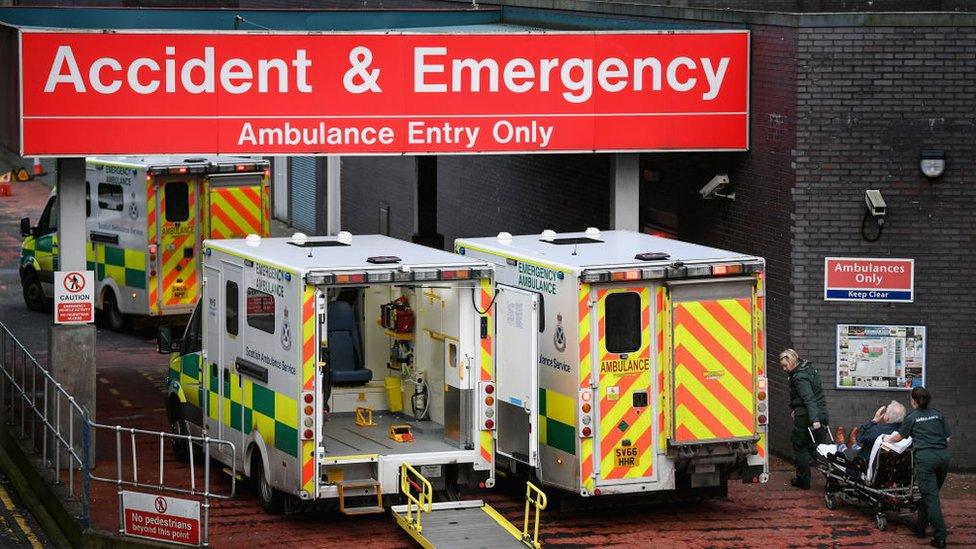
There have been reports of some people facing severe waits for an ambulance to arrive
Mr Yousaf said: "We announced £12m in additional funding to boards to support non-Covid emergency care and put measures in place to reduce waiting times for urgent or emergency treatment, with a focus on boosting available beds and supported by record NHS staffing levels.
"The Covid pandemic has inevitably affected A&E attendance and the pressure is being felt across the UK. Scotland's core A&E departments have outperformed those in the rest of the UK for more than six years.
"Weekly performance is impacted due to a range of challenges including high attendances, staffing pressures due to isolation and annual leave and the continued requirement for infection control precautions that is affecting the time people need to spend in A&E. This is combined with increased levels of people attending A&E who are much sicker and require higher levels of care."
Mr Yousaf will face questions from MSPs at Holyrood later, with the Scottish Conservatives calling the latest waiting times figures "shocking and reprehensible".
Public health spokeswoman Sue Webber said: "Thousands of patients are waiting hours on end in A&E departments, despite the best efforts of our heroic frontline staff.
"The SNP's health secretary needs to accept the reality and admit there is a crisis in our NHS, for the sake of patients and - equally as important - staff wellbeing."


Related topics
- Published21 September 2021
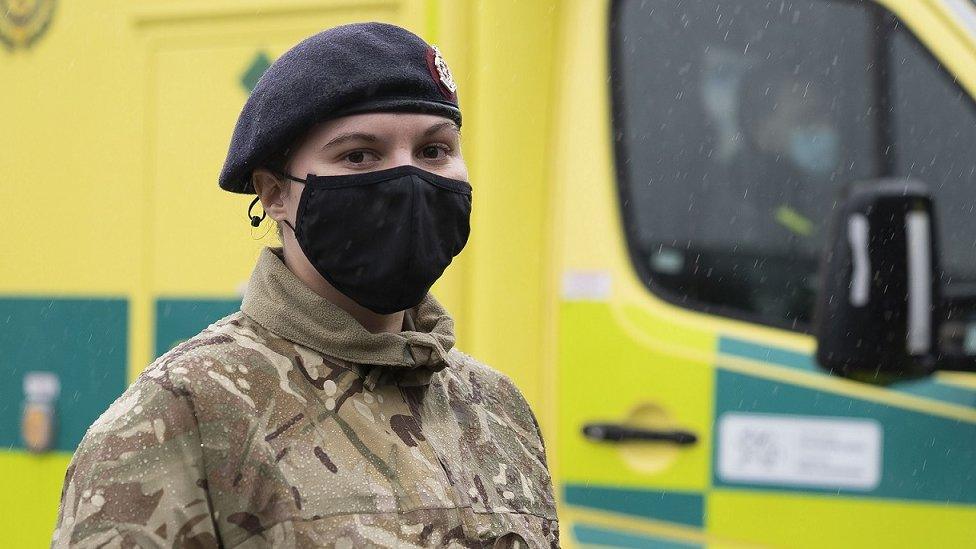
- Published14 September 2021
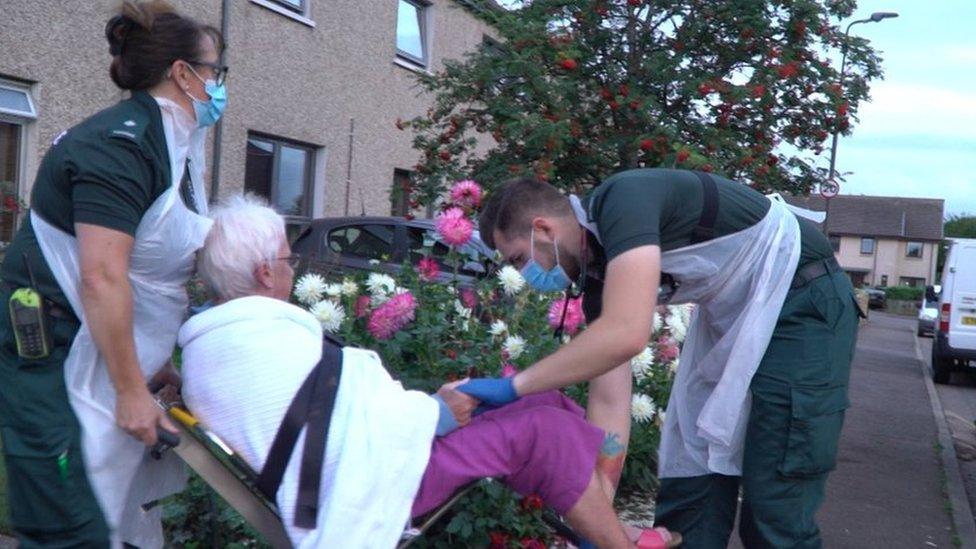
- Published16 September 2021
